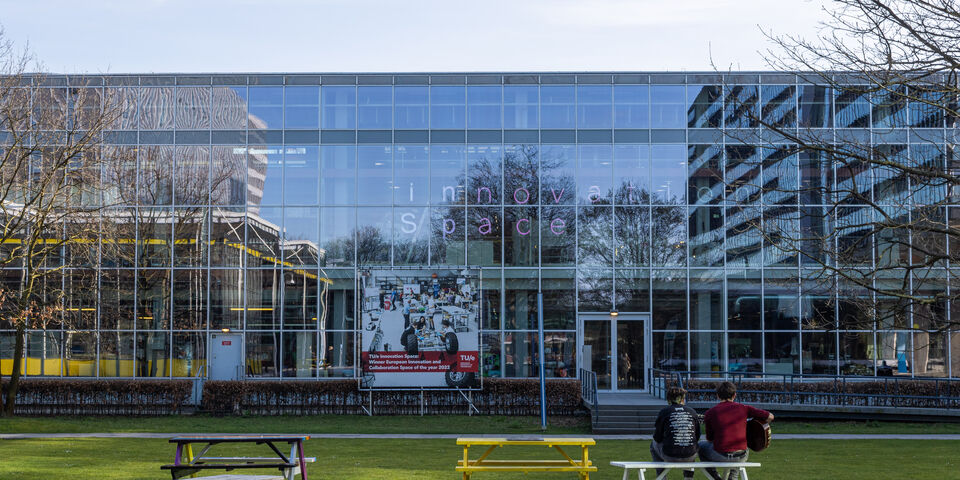Over the past year, twenty student team members took part in Delta, a new support program launched by TU/e innovation Space. In this program, students receive guidance on topics such as leadership, dealing with challenges, and self-reflection. Professional coaches help them act more consciously and effectively—something that benefits their teams as well, explains Bart Koppelmans of TU/e innoSpace. “They become better managers.”
The program isn’t specifically focused on student well-being, but it does contribute to it. The biggest issue highly engaged student team members face is stress. That stress arises, according to student team program manager Madis Talmar, when the level of challenge becomes too high. “You learn best when you’re challenged just enough. When you’re over or under challenged, things get tricky.”
Moonshotty
Student team projects are often highly ambitious, even “moonshotty,” says Talmar. “Sometimes the goal is nearly impossible to achieve, but the students go for it anyway.” It’s not uncommon for the well-being of team members—especially board members or full-timers—to become intertwined with the end goal or product. “What drives them is wanting to excel at their project. They want to overcome difficulty. Our job is to guide that, so it doesn’t become too hard or impossible.” He emphasizes that students should remember they are in a learning environment—because in the end, learning should be the primary goal.
Part of the reason there’s such a strong sense of community in student teams, Talmar explains, is because learning is at the core. “There’s little competitiveness. Students learn in the same space, with the same tools, methods, and knowledge. So there’s a lot of peer support.” Students also help each other within teams. Most teams, he says, are large enough to handle internal conflict on their own, since there’s usually someone who can take a neutral stance and look for a productive solution.
Buddy
But there’s a risk to this peer-based way of dealing with pressure, Koppelmans warns. “Board members, in particular, tend to shield the rest of the team. When the workload gets too heavy, they often take it on themselves.” Because board members carry a lot of responsibility, they can benefit a lot from the Delta program. A buddy system, a new initiative still in development, is even aimed specifically at the well-being of board members. Starting this academic year, two former student team members will be available to support all teams.
It’s a fundamentally different concept from the university-wide Confidential Peer Support program, says Koppelmans. “That one is more reactive, while the buddies will actively check in with board members to see how they’re doing.” They’ll do that once a month. Talmar adds that sometimes there may not be anything to report—and that’s okay too. “The point is that students know someone is there for them, someone who genuinely cares about their well-being.” The buddies are trained to solve problems, spot warning signs, and refer students to the right resources when needed.
Flexible
In addition to the Delta program and the buddy initiative, another new effort will launch this year. In collaboration with the faculties of Built Environment and Chemical Engineering, innoSpace will offer students more flexibility in their learning paths. Talmar: “These faculties will also provide additional coaching—but more on the technical side. It’s about applying theoretical knowledge in practice.” Students will earn academic credits for this as well. And that, says Koppelmans, indirectly contributes to their well-being. “Because even while working in a student team, they’ll still be progressing in their studies. It eases the workload.”
Time will tell how this new course works out. But, he adds: it’s not just the students who are in a learning process. The same applies to innoSpace itself. “Everyone is learning.”
This article was translated using AI-assisted tools and reviewed by an editor.


Discussion